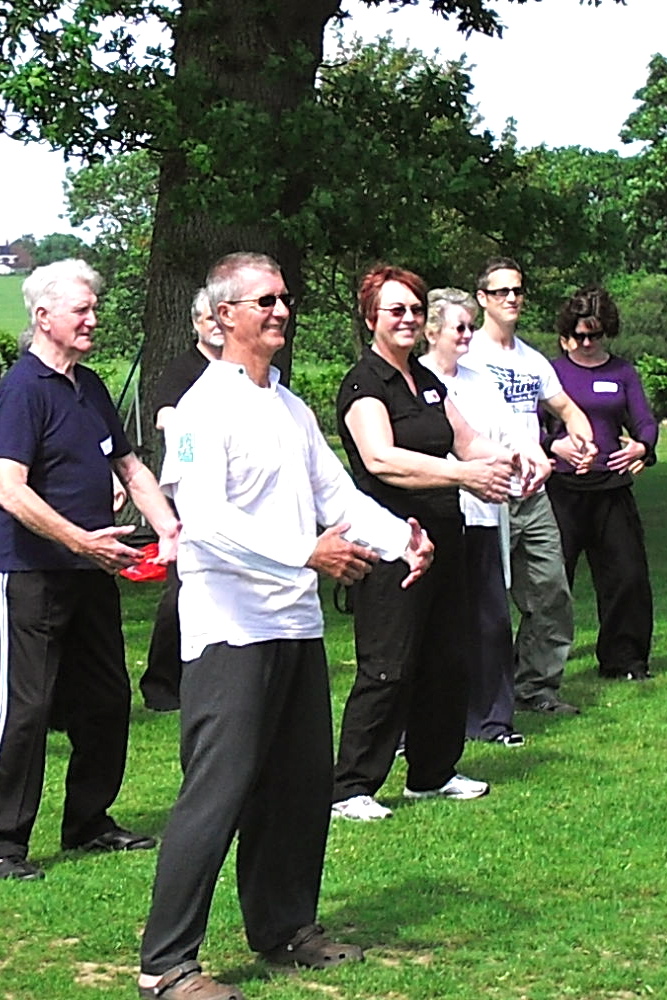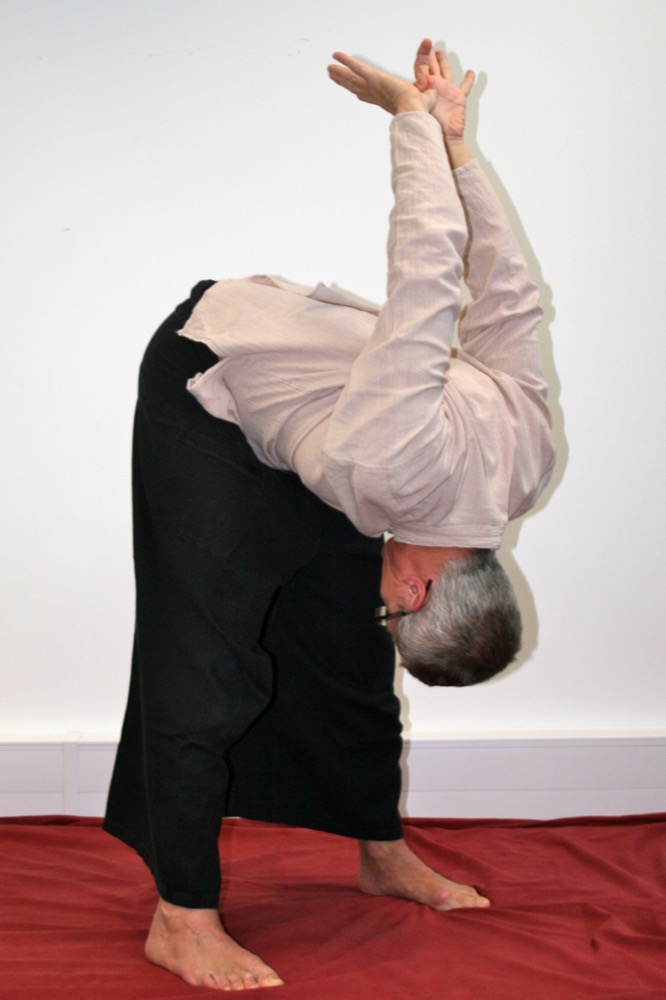Qigong
Qigong – Mindfulness in Motion
Qigong 氣功 is a generic term for many different systems of gentle internal and external exercises that combine physical movement, breathing, visualisation and stillness which have been practiced in the Far East for thousands of years. Chinese meditative and gymnastic exercises can be traced back as far as the Daoyin Tu, a silk scroll discovered in 1973 during an archaeological excavation and dated around 163 BCE. The word Qigong was probably first used in this context by Liu Guizhen in his book ‘ Experiences in Healing with Qigong’, published in 1957
Everybody wants to enjoy good health, physical relaxation and mental peace in his or her life. Qigong practice is a simple and invaluable way of achieving these qualities of life.
Qi 氣 is the most vital and subtle energy and it gives us life and connects us to the Universe, it motivates and moves us throughout our daily lives. Qi, Ki or Ch’i is often translated as ‘energy’ but it also means ‘air’ or ‘breath’
Gong 功 means ‘to accomplish’ or a skill that is cultivated through regular practice. It also means ‘work’
Qigong 氣功 is therefore a method for cultivating Qi. It can be translated as ‘Breath work’ and I prefer this definition to the commonly used term ‘energy exercise.’
There are many different systems of Qigong either external usually involving movement or internal, focused on the breath and movement of Qi around the body. However all styles or types involve a combination of stationary or moving postures, breathing techniques and intention or mental focus. Both the internal and external styles focus on deep abdominal breathing and connecting the energies of Heaven (Yang) and Earth (Yin) deep within our body. Qigong is mindfulness in motion.
The daily practice of Qigong exercises or meditation cultivates our Qi, circulates or stores the Qi and helps to prevent illness whilst also helping to develop or increase the bodies powers of self healing or ability to heal others. Qigong practice requires neither large amounts of space nor special equipment and can take as little as 10 minutes daily to achieve noticeable results and improvements in health and well being.
Qigong is a highly effective health care system that can increase our youthful vitality and help to maintain health into old age.
Some of the simplest forms to learn for daily practice are the Eight Brocades or Baduanjin, the Eighteen Stances of Tai Chi Shibashi and Zhan Zhuang.
Andrew is a registered Instructor with the Tai Chi Union of Great Britain (TCUGB) and teaches Tai Chi Shibashi in Ealing and regular workshops in Salisbury.

